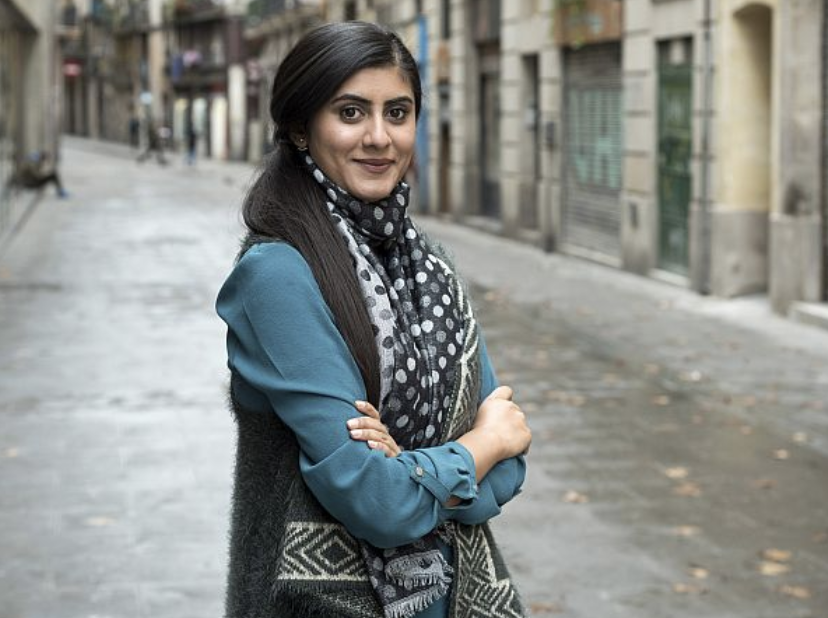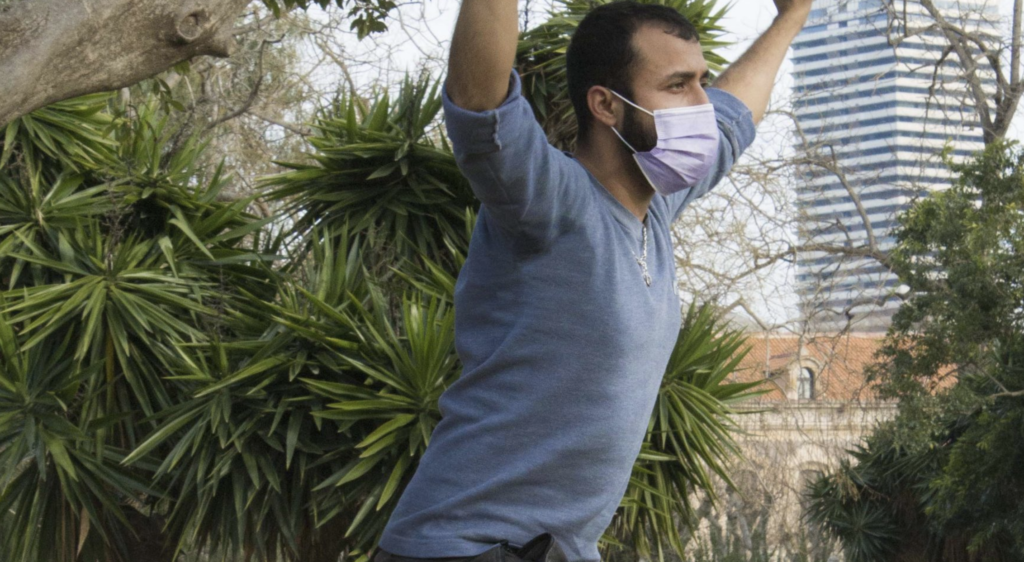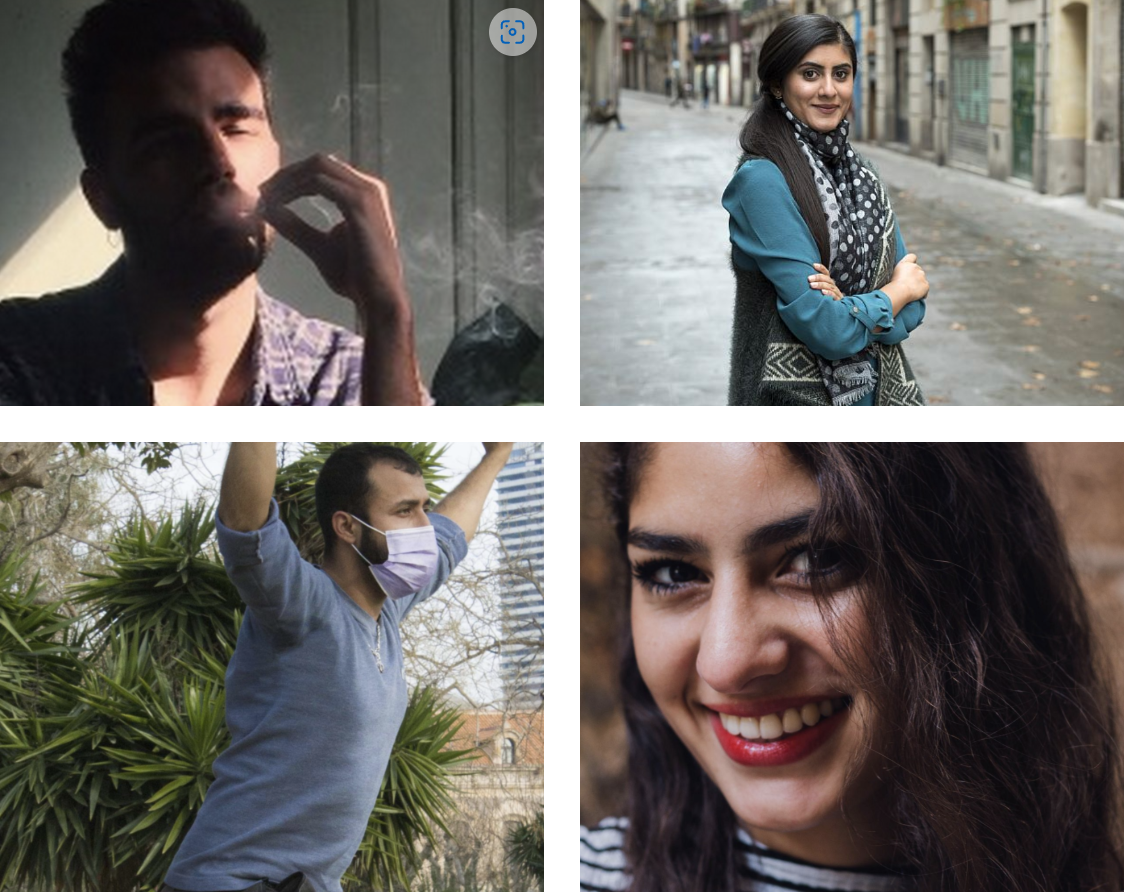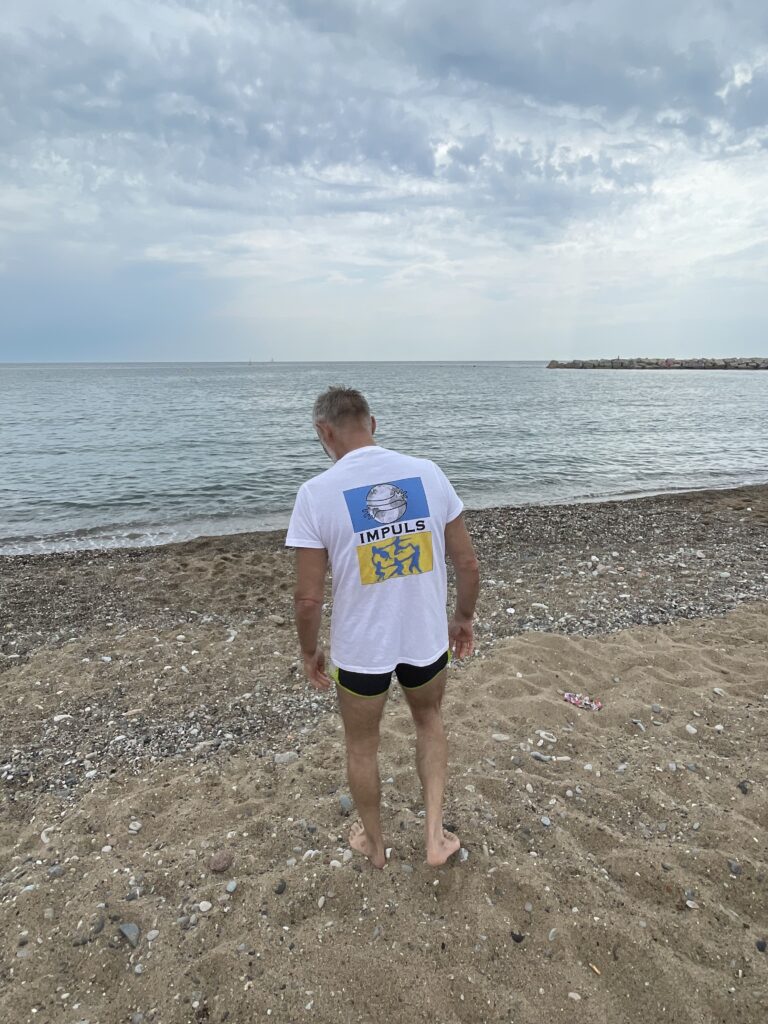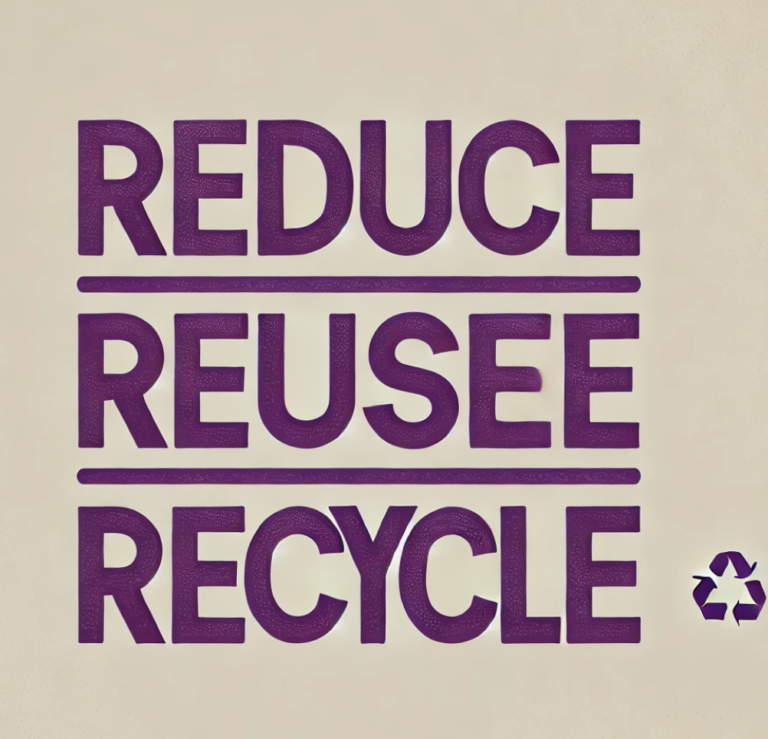In our recent field study across Barcelona and surrounding areas in Catalonia, we had the opportunity to speak directly with migrant waste collectors—workers whose everyday contributions are critical to maintaining a clean, sustainable urban environment. Below, we share excerpts from our in-depth interviews, offering a personal look into their experiences, challenges, and hopes for the future.
A Day in Their Shoes
Luis, 34, originally from Ecuador
«Every morning, I wake up before dawn and head out. It’s hard work, and sometimes the conditions are not ideal, but I feel proud knowing that what we do makes a difference. Cleaning the streets is not just a job—it’s a way of contributing to a healthier city.»
Luis explained how his journey into waste collection began as a means to support his family. He noted that while the physical demands are high, the camaraderie among workers provides a strong sense of community. «We share our stories, our struggles, and our small victories. It’s like we’re a family, united by a common goal.»

Overcoming Hardships and Social Stigma
Amina, 29, from Morocco
«In my home country, I never imagined I would be working in waste collection. Here in Barcelona, opportunities are limited, and sometimes people look down on our work. But I know the importance of what we do. Every piece of trash we collect, every street we clean, brings us closer to a sustainable future.»
Amina’s candid admission about facing social stigma resonated deeply with us. She described instances where people dismiss their work as “dirty” or “unworthy,” yet emphasized that such views only strengthen her resolve. «I want society to see that our work is vital. We are the backbone of urban cleanliness, and our skills in sorting, recycling, and maintaining public spaces are essential to the city’s well-being.»
The Path to Integration and Skill Building
Carlos, 41, from Colombia
«When I first arrived in Catalonia, I didn’t speak the language and found it hard to get a job. Waste collection offered me a start, a way to integrate into the community. Over time, I learned new skills—not only in handling waste but also in using new recycling technologies. I am now taking language classes and hope to move into a supervisory role in the future.»
Carlos highlighted the dual benefits of his work: earning a living and acquiring skills that could lead to better opportunities. His story underscores the transformative potential of employment in waste management, which can serve as a stepping stone for migrants to achieve greater social and economic integration.
Unity in Diversity: A Shared Vision for Change
Fatima, 36, from Pakistan
«Every day, we come together, regardless of our backgrounds or nationalities. What unites us is our desire to work hard and make a positive impact on our community. However, there are challenges—poor working conditions, limited resources, and a lack of formal recognition. We need policies that support us and acknowledge the importance of our work.»
Fatima’s perspective is a powerful call for reform. She believes that by investing in better safety measures, providing formal training programs, and implementing inclusive policies, the system can become more supportive of those who keep the city running. «We are not just waste collectors; we are essential workers contributing to the environmental health of Catalonia.»
Reflections and Hopes for the Future
The voices we captured during our study reveal a resilient community of individuals who, despite facing hardship and discrimination, remain committed to their role in safeguarding the urban environment. Their stories are not only about the physical labor of waste collection but also about their ongoing journey toward personal growth, community integration, and social recognition.
These interviews illustrate that while migrant waste collectors in Catalonia often operate under challenging conditions, they also hold invaluable insights into how the waste management system can be improved. Their recommendations for better labor protections, training opportunities, and public recognition are echoed by experts and policymakers alike, suggesting a clear path forward for both social justice and environmental sustainability.
By amplifying the voices of migrant waste collectors, our study aims to shed light on their indispensable role in Catalonia’s urban ecosystem. Their experiences remind us that sustainable cities are built not only through technological advancements and policy reforms but also through the dedication of individuals working behind the scenes. Recognizing and supporting these workers is crucial for creating a cleaner, more inclusive future in Barcelona and beyond.

